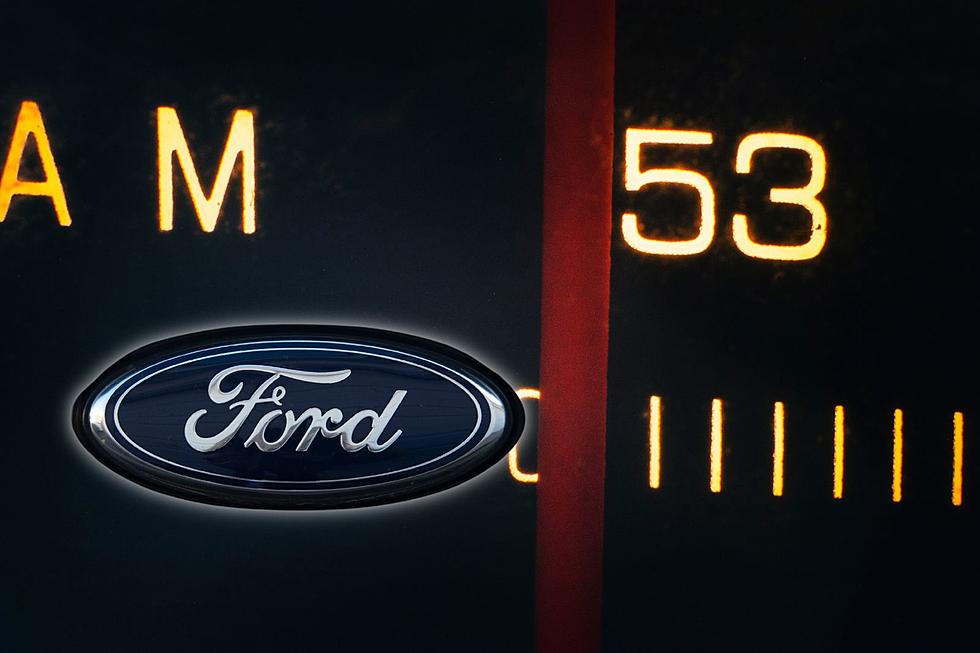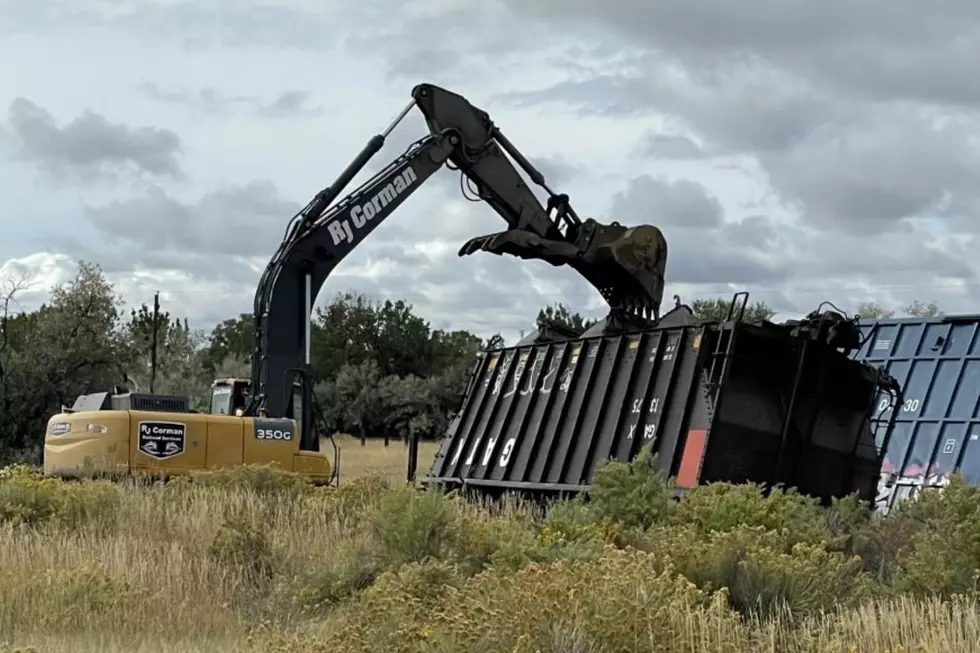
Why Is Premium Gasoline So Expensive?
A while back I got a new-to-me car. I love everything about it. Except one thing... premium gasoline. Gah! I didn't even think about that when I bought the car. I just figured good old fashioned, 87 octane fuel would be fine.
Technically, it is okay to run the cheap stuff in my car. The owners manual states, "for best performance and mileage premium fuel is recommended", or something to that affect. Turns out, unless you are driving a true sports car or a have a turbo engine in your vehicle, you can most likely use the cheap gas and not harm your engine.
So, why in the heck is premium fuel so damn expensive? I realize gas is still relatively cheap right now, but premium is anywhere from 30 to 60 cents per gallon more expensive. Are the gas stations just gouging you for the fun of it? Well, no. Not really.
Premium costs more because a number of factors, including: refining costs, environmental laws and the basics of supply-and-demand. Car and Driver explains it fully here, with this excerpt:
According to the EIA, there’s no Big Oil collusion to blame. Rather, it’s a confluence of market, industry, and regulatory factors that affect everyone, not just those in luxury cars. In August 2016, premium gasoline reached a 12 percent share of all U.S. gasoline sales, a level not seen in 13 years. AAA said the demand for premium gas is due to more car owners “treating themselves” as pump prices drop. That’s true, up to a point. About 80 percent of all registered vehicles run fine on regular, according to AAA, and in a given year some 16.5 million people mistakenly believe premium gas will improve their aging hoopties or “clean out” engine deposits.
There ya have it. I still put premium in my car. But now I only do it every other tank or so. Octane, schmock-tane.
More From 103.7 The Hawk









